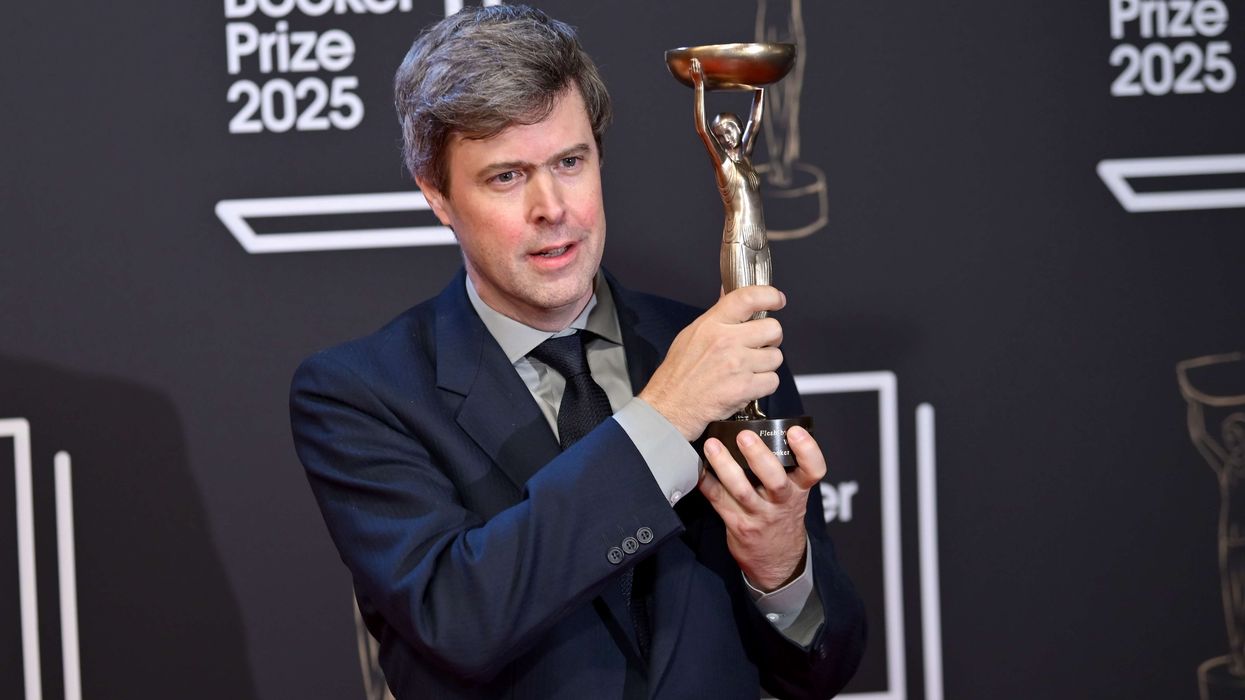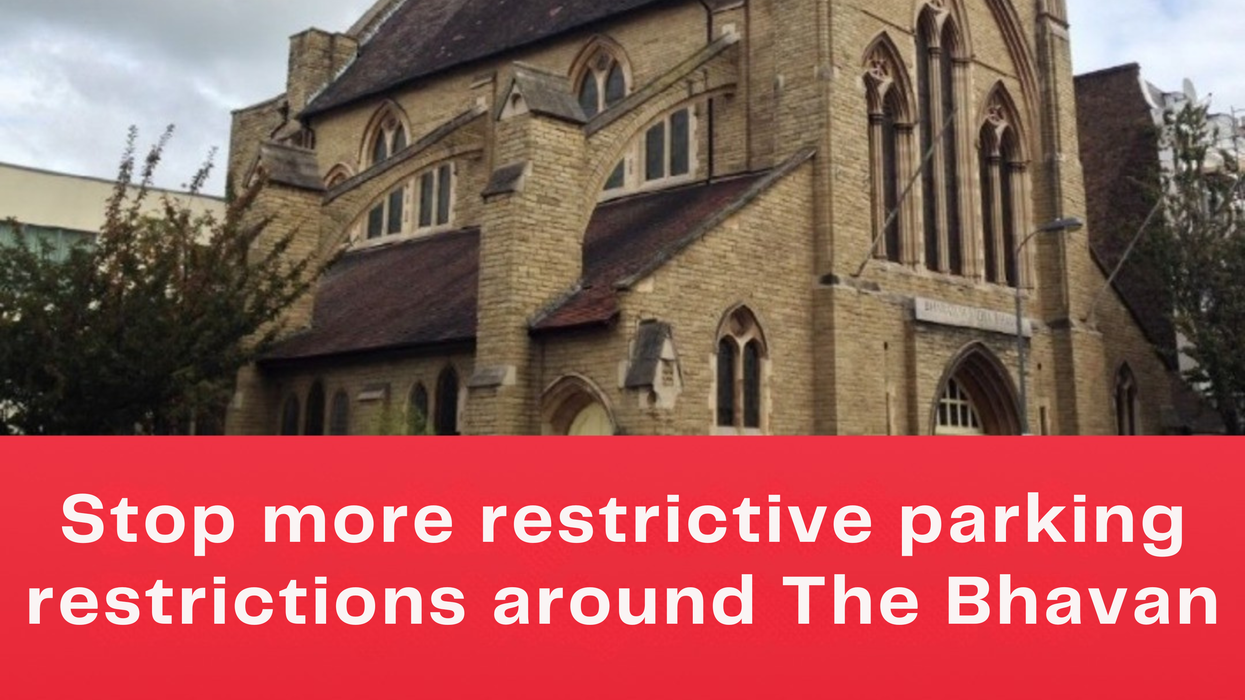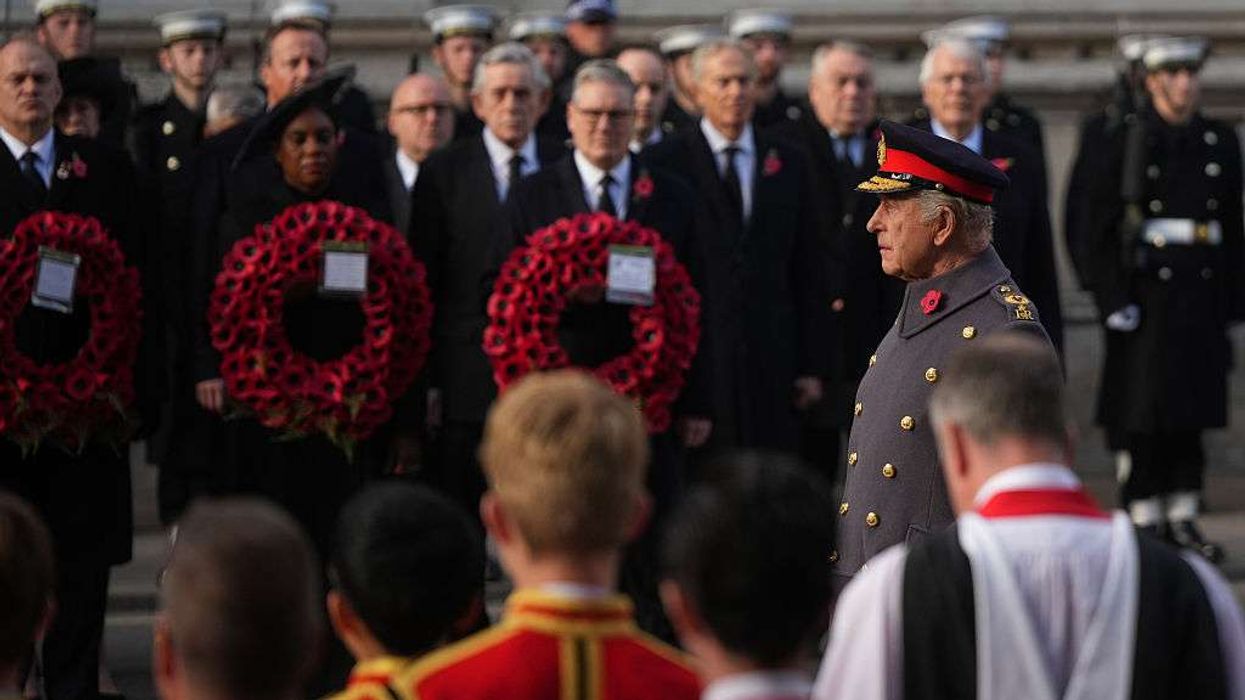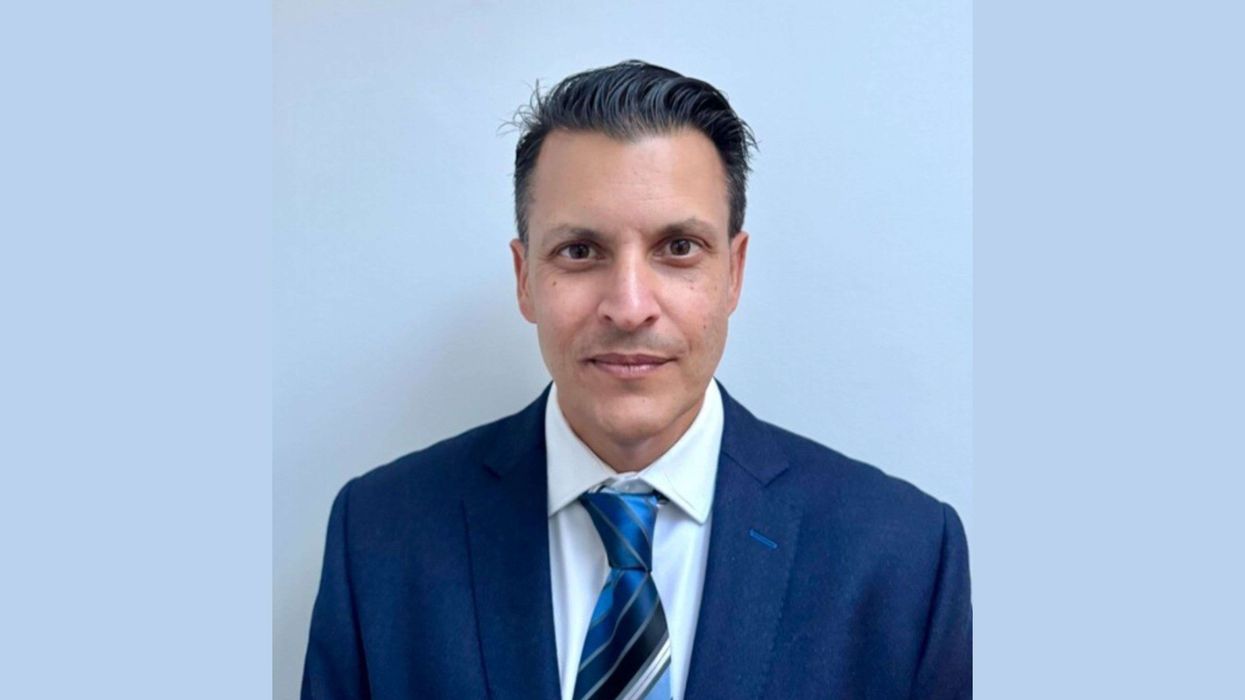Cricket legends Sachin Tendulkar and Courtney Walsh will coach star-studded teams in a charity match to raise funds for victims of Australia's bushfires, organisers said on Tuesday (21).
The former Test captains are the latest players to come out of retirement for the appeal, joining Aussie greats Adam Gilchrist, Brett Lee, Michael Clarke and Shane Watson.
India's Tendulkar and Windies fast bowler Walsh will coach teams skippered by Shane Warne and Ricky Ponting respectively. Steve Waugh and Australian coach Justin Langer will also have non-playing roles.
"We are absolutely honoured to be welcoming Sachin and Courtney back to Australia where they both enjoyed a lot of success as players, and we can't wait to have them involved," said Cricket Australia chief Kevin Roberts.
The February 8 game will be played as a curtain raiser to the Big Bash League final, with match profits and funds raised to go to the Australian Red Cross.
Cricket Australia has also injected Aus$2 million (US$1.38 million) into a fund to assist community cricket clubs impacted by the fires, which have killed 29 people and destroyed more than 2,000 homes in recent months.
Sports stars have stumped up memorabilia and cash in recent weeks to help the relief effort.
Earlier this month, Warne's "baggy green" cap, awarded to Test players on their debut, sold at auction for more than Aus$1 million (nearly $700,000) with all funds aiding victims.
Tennis superstar Serena Williams gave her US$43,000 WTA Auckland Classic winners' cheque to a bushfire relief fund, while an exhibition match featuring Roger Federer and other top players in Melbourne raised money ahead of this week's Australian Open.












